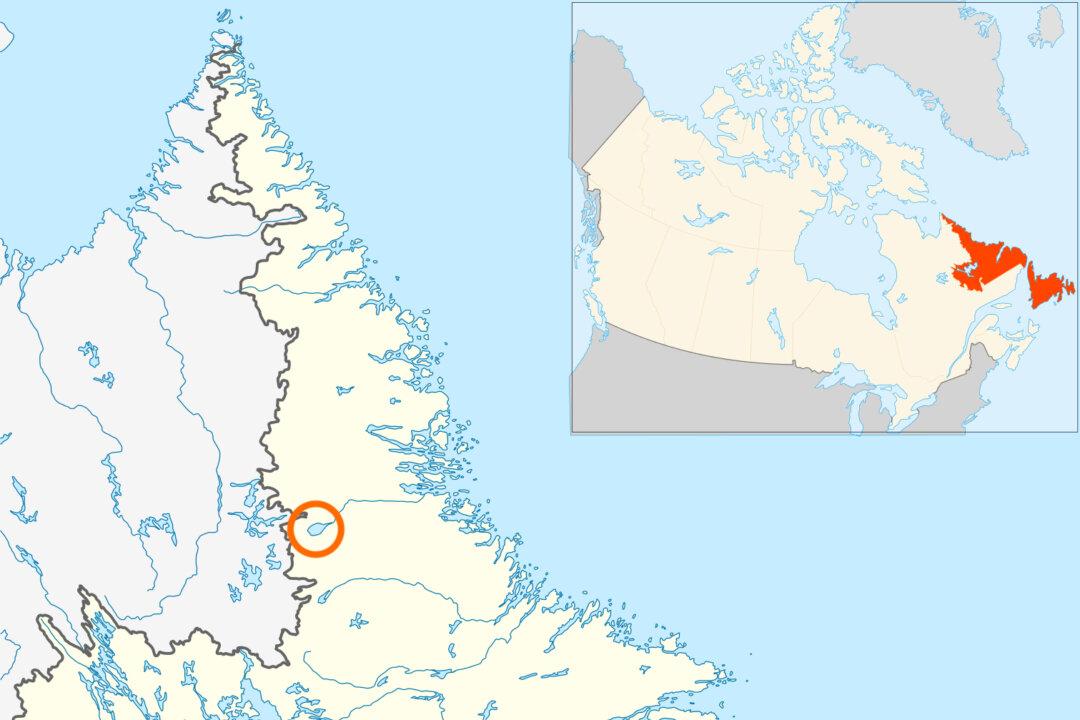Prime Minister Justin Trudeau says he should have been aware of an “erosion of trust” between his office and former minister of justice Jody Wilson-Raybould over the SNC-Lavalin issue, but he stopped short of apologizing to her.
“Over the past months, there was an erosion of trust between my office and specifically my former principal secretary, and the former minister of justice and attorney general,” Trudeau said at a press conference in Ottawa this morning.





